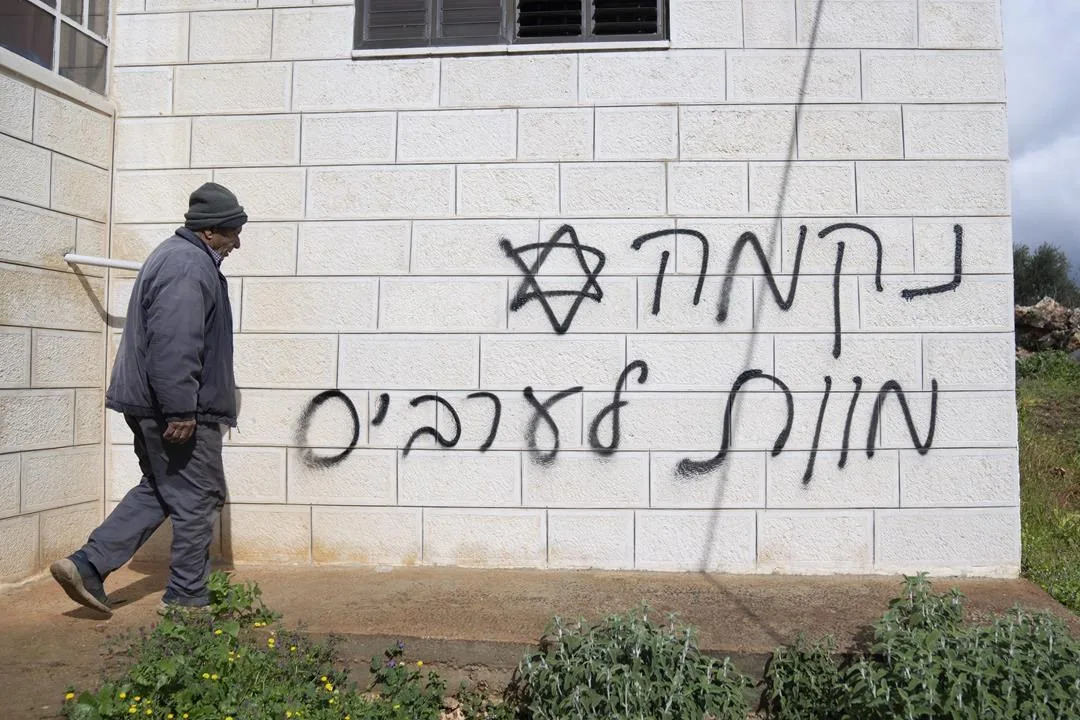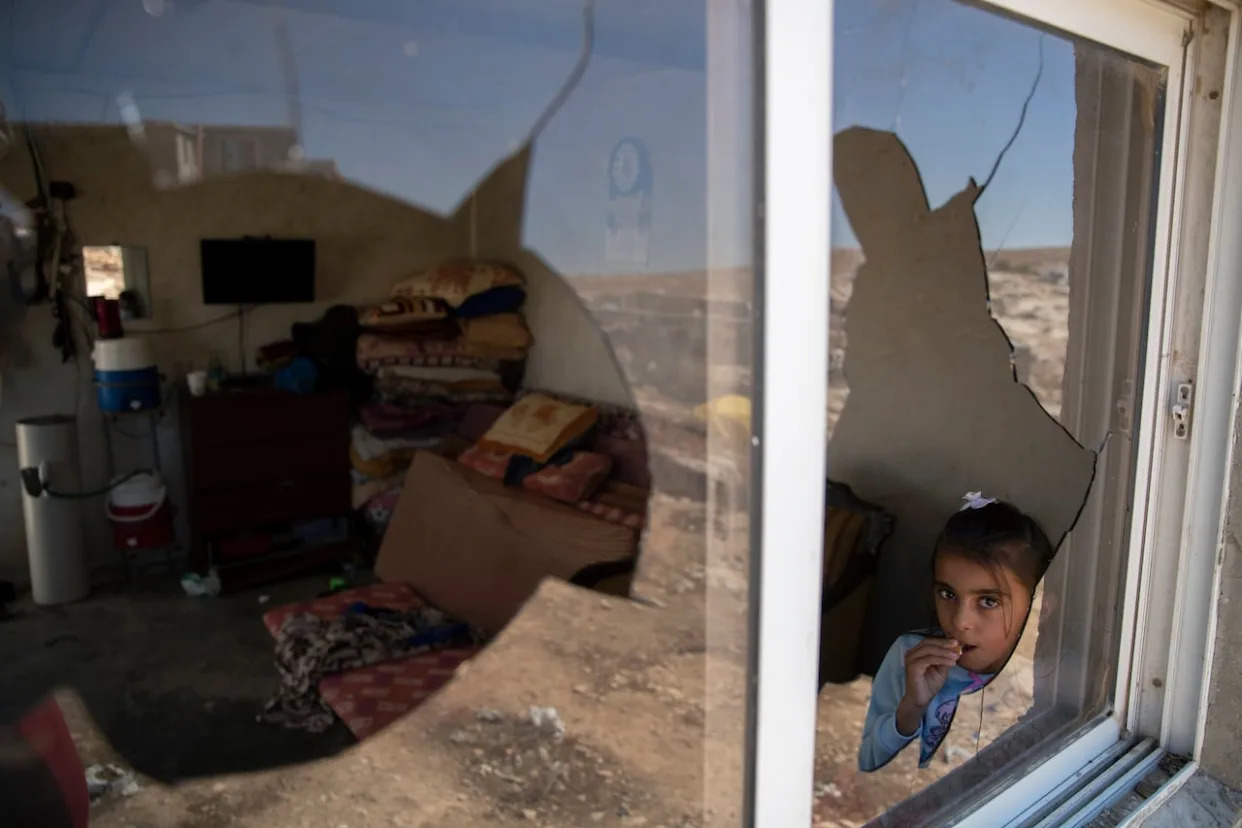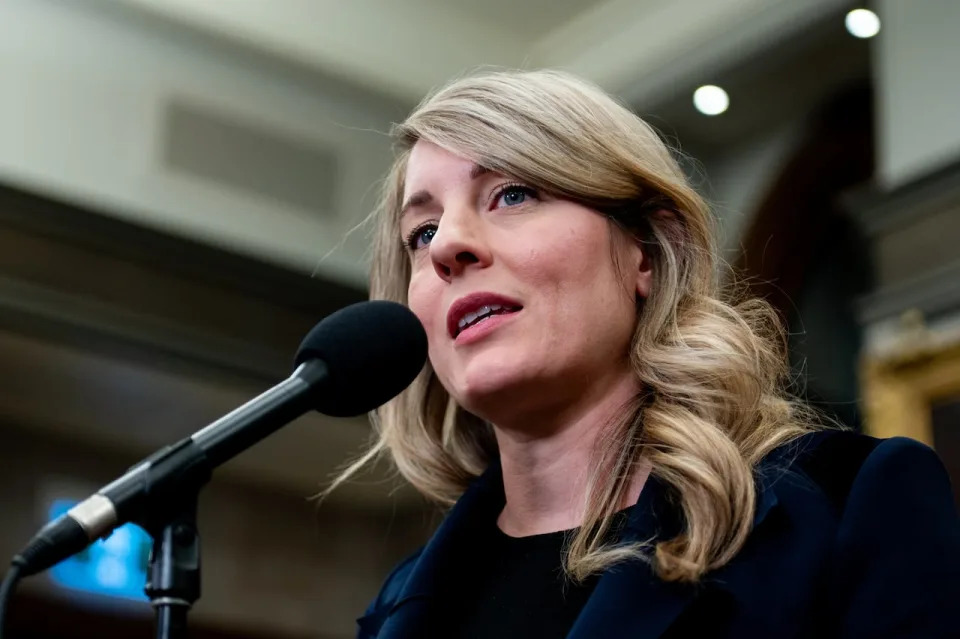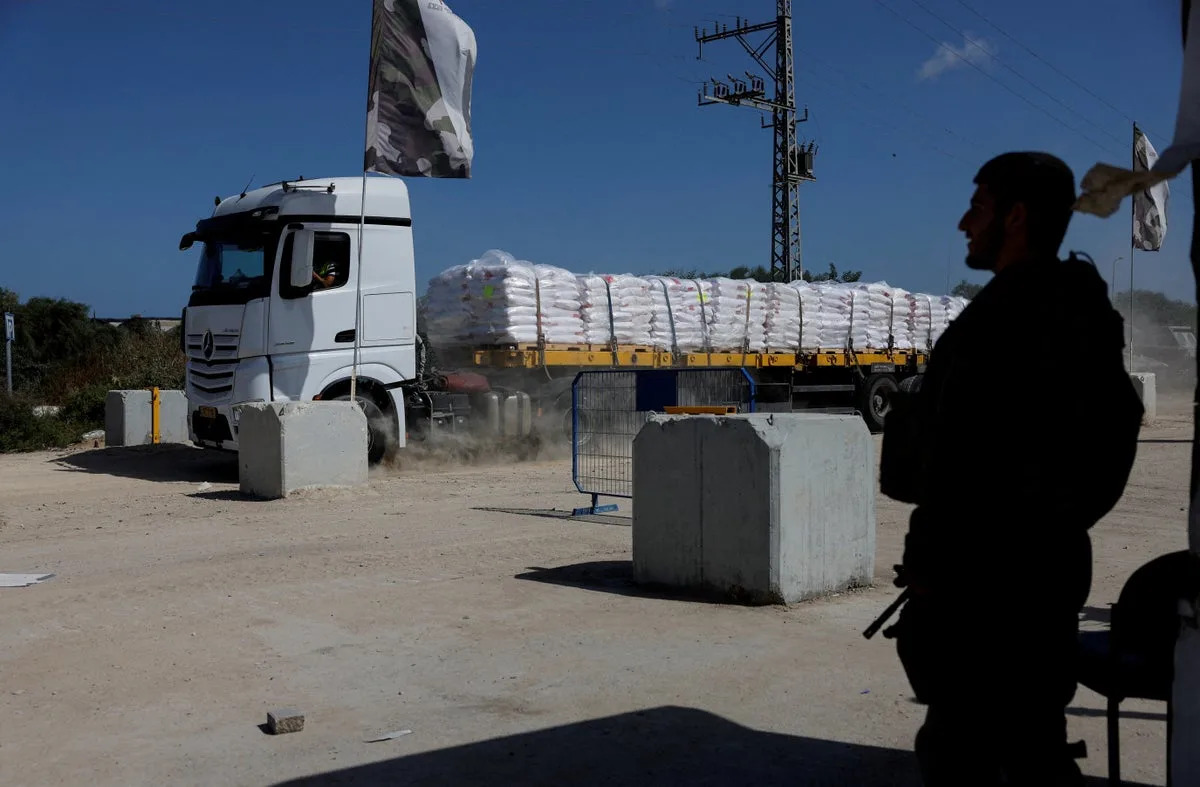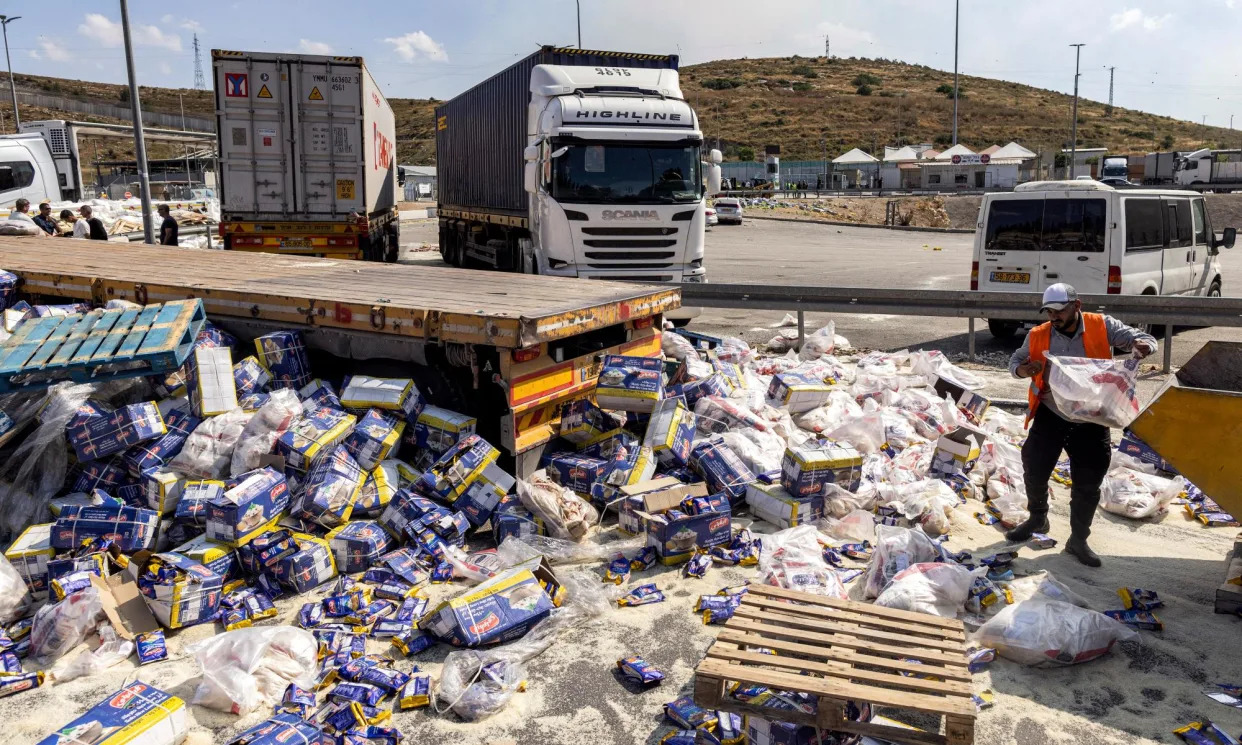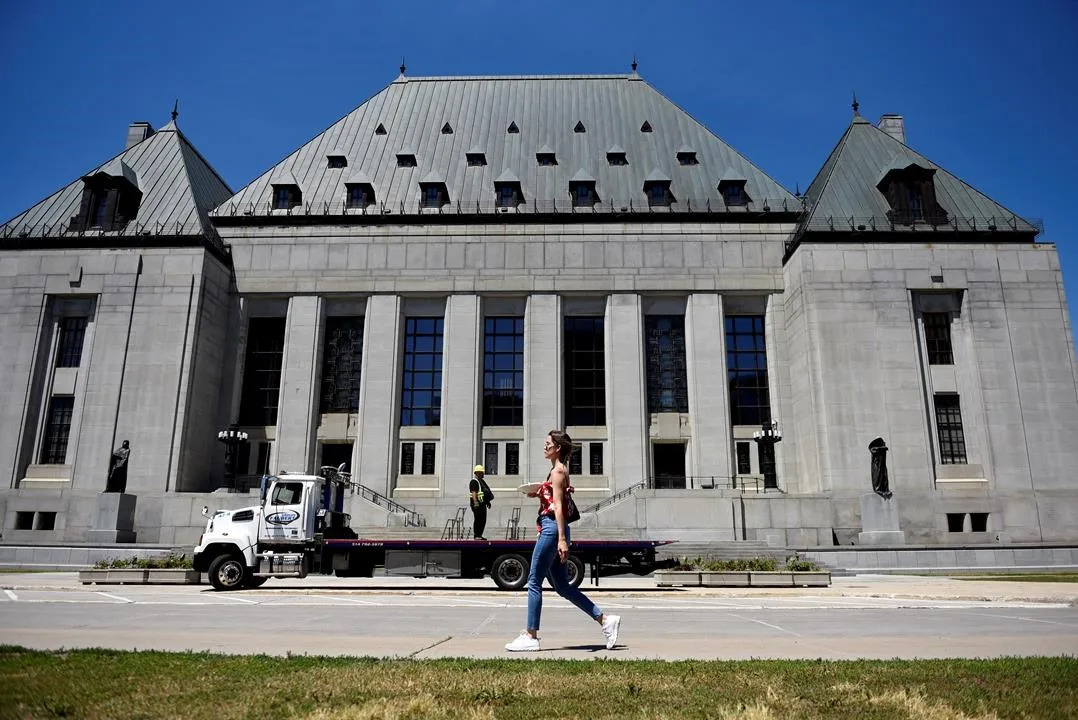Thu, May 16, 2024
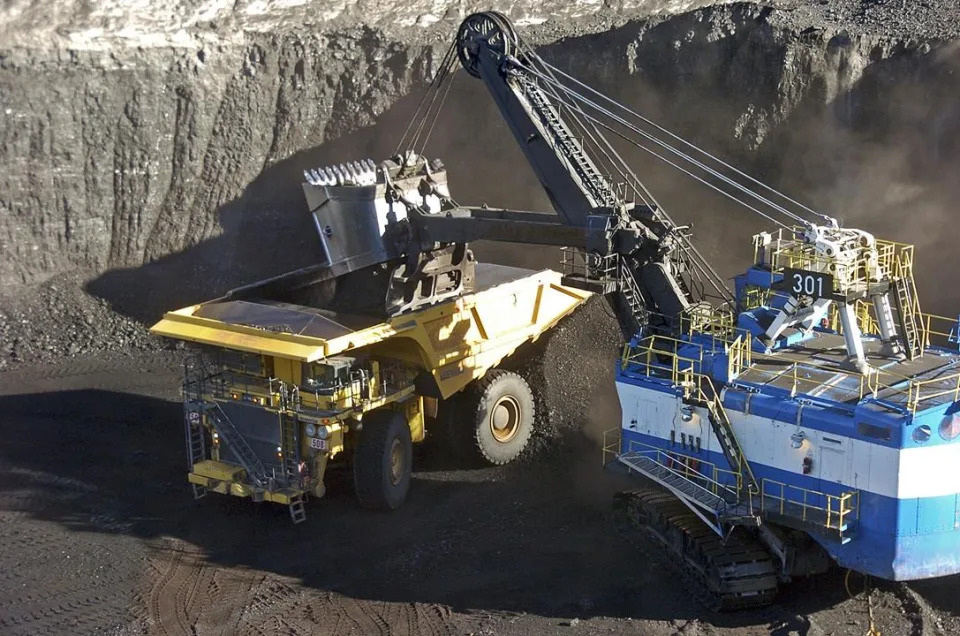
BILLINGS, Mont. (AP) — The Biden administration on Thursday proposed an end to new coal leasing from federal reserves in the most productive coal mining region in the U.S. as officials seek to limit climate-changing greenhouse gas emissions from burning the fuel.
The Bureau of Land Management proposal would affect millions of acres (millions of hectares) of federal lands and underground mineral reserves in the Powder River Basin area of Wyoming and Montana.
The immediate impact is likely to be limited because coal leases take many years to develop and demand has flagged in recent years. But the proposal drew a harsh pushback from Republicans in Congress, coming just weeks after President Joe Biden's Democratic administration unveiled an air quality rule that could force many coal-fired power plants to reduce their pollution or shut down.
Thursday's proposal was made in response to a 2022 court order that said two federal land management plans drafted for the Powder River Basin during former President Donald Trump's administration had failed to adequately take into account climate change and public health problems caused by burning coal.
In response, the Biden administration is issuing plans that would stop further coal leasing in the region while preserving existing leases. The plans are subject to a 30-day public protest period before they become final.
Federal officials said they anticipate coal mining to continue from existing leases through 2041 in Wyoming and through 2060 at a mine in Montana.
Another Montana mine, the Spring Creek Mine, could run out of federal coal reserves by 2035 — more than 50 years earlier than if leases were to continue being issued, according to government analyses of the proposal.
Fourteen active coal mines in the region in 2022 produced almost 260 million short tons of coal — about 40% of total U.S. production.
Yet mining volumes already had dropped by almost half over the past two decades as competition from renewable energy and cheap natural gas shuttered many coal-fired power plants served by the mines.
Conservationists said the proposal marks a historic shift for the nation's coal program, which over the past half-century allowed companies to extract billions of tons of the fuel at low cost from massive strip mines, primarily in Western states.
Mark Fix, a southeast Montana rancher and member of the Northern Plains Resource Council conservation group, said the Biden administration proposal was a “commonsense plan” given the current state of the coal market.
“Coal companies in this region already have decades of coal locked up under leases, and it's hard to imagine they'll find buyers that far into the future given the competition from more affordable energy sources,” Fix said.
Elected officials in Wyoming and Montana responded with outrage, characterizing the proposal as an assault on domestic energy sources that will kill coal jobs and cost the states millions in lost revenue.
“Wyoming has been targeted left and right by rule after rule handed down by this administration,” said Wyoming Republican U.S. Sen. Cynthia Lummis. “Wyoming coal is needed now more than ever to power our nation and the world."
Montana Republican Rep. Ryan Zinke — who sought to boost coal production with little success while serving as Trump's Interior Secretary — said coal provides reliable power for the electric grid and modern mining technologies have reduced its environmental impacts.
However, the improved technologies have not halted greenhouse gas emissions from burning coal to make electricity.
Ending federal leasing would reduce those emissions by the equivalent of 293 million tons of carbon dioxide annually, according to the government analyses. That's comparable to emissions from about 63 million gasoline-power vehicles, the analyses said.
Bureau of Land Management spokesperson Brian Hires declined to provide further details on why the agency was proposing to end new leases.
A longstanding partisan divide over federal coal reserves was deepened by 2016 federal lease sale moratorium under former Democratic President Barack Obama. Trump officials scuttled the moratorium before it was revived in 2022 by a federal judge.
An appeals court in February struck it down, raising fears among environmentalists of a potential mining resurgence on federal lands.
Thursday's proposals and the increasingly bleak market for coal in the U.S. would make such a resurgence more difficult.
Conor Bernstein with the National Mining Association said the change to the coal program “handcuffs” the industry's ability to respond to the market and make plans for future mining.
Global coal production has reached new highs in recent years even as mining companies in the U.S. have faced declining demand.
Matthew Brown, The Associated Press
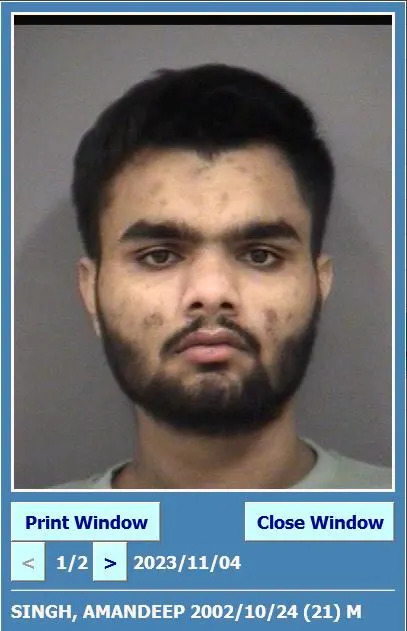
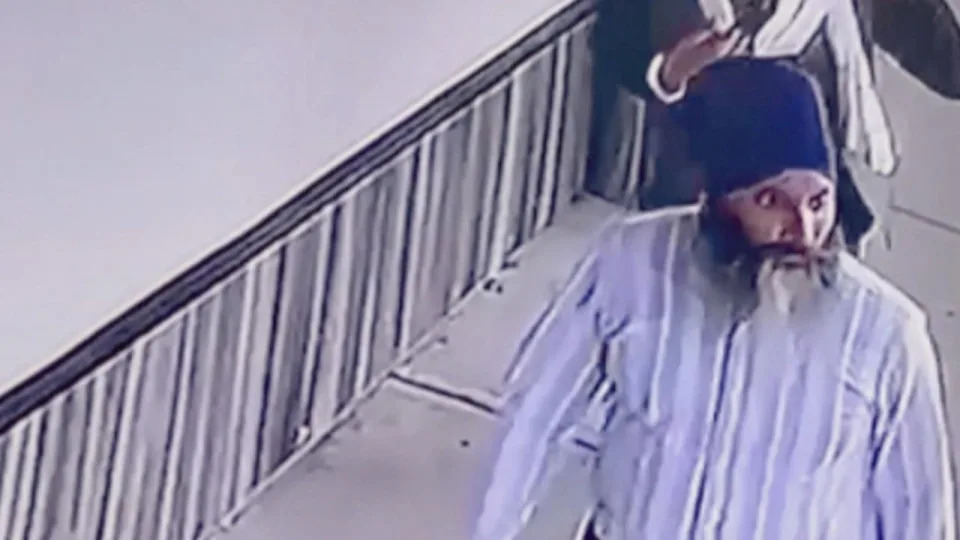
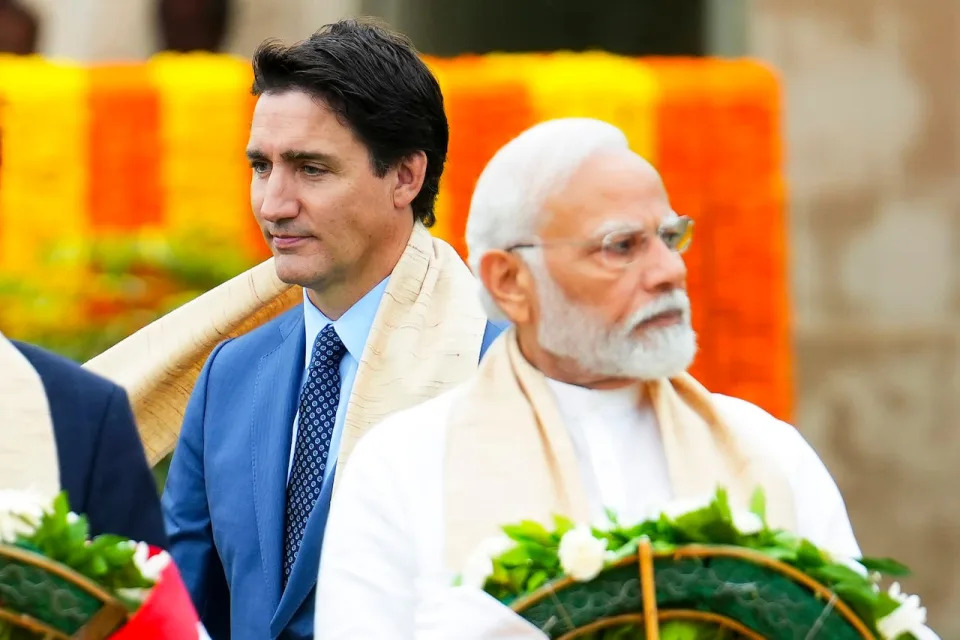

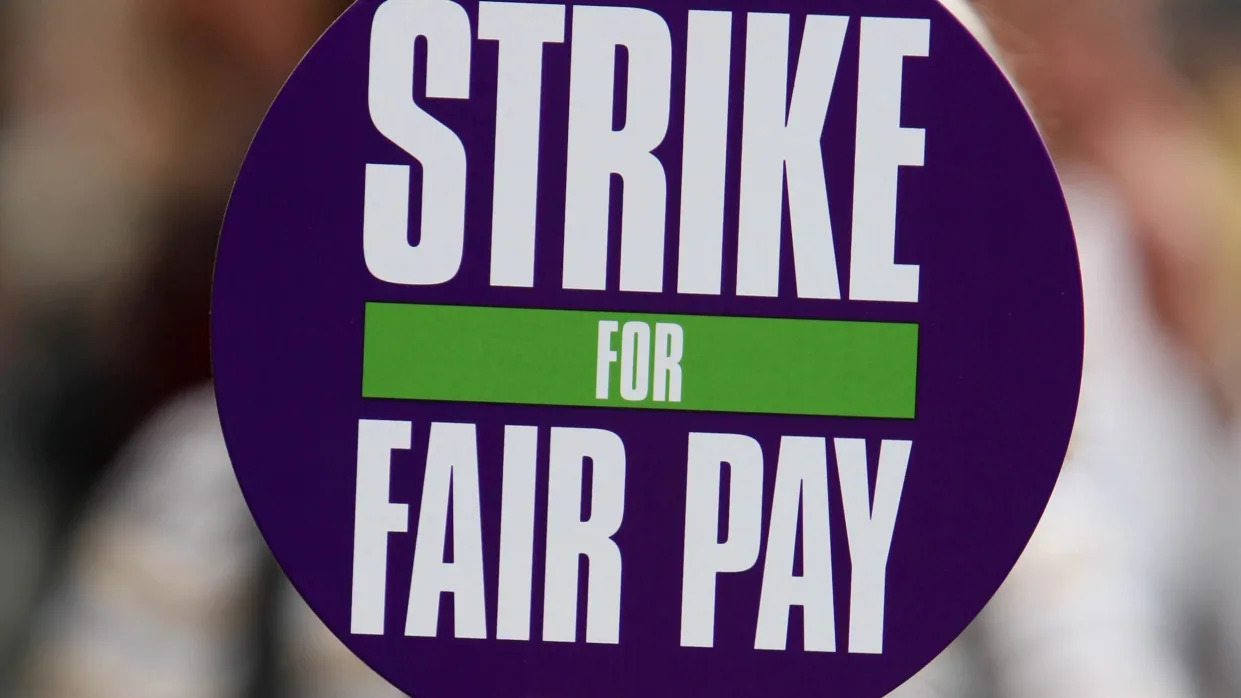
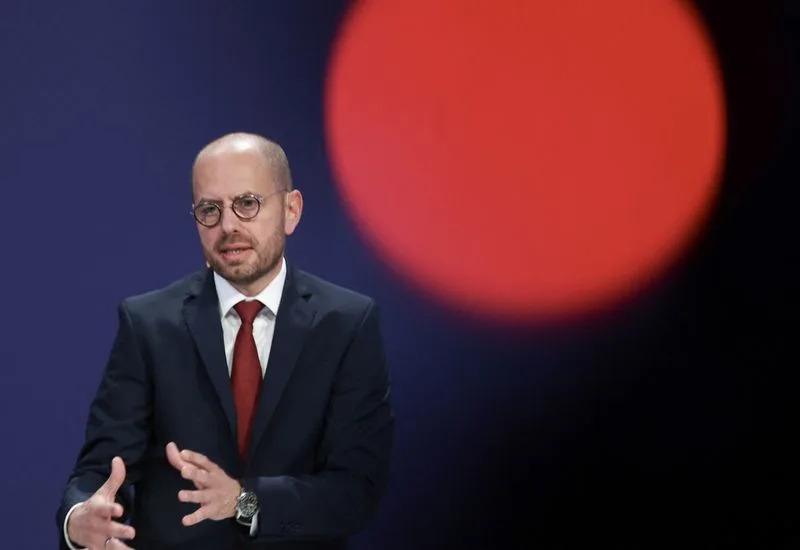
.jpg)



